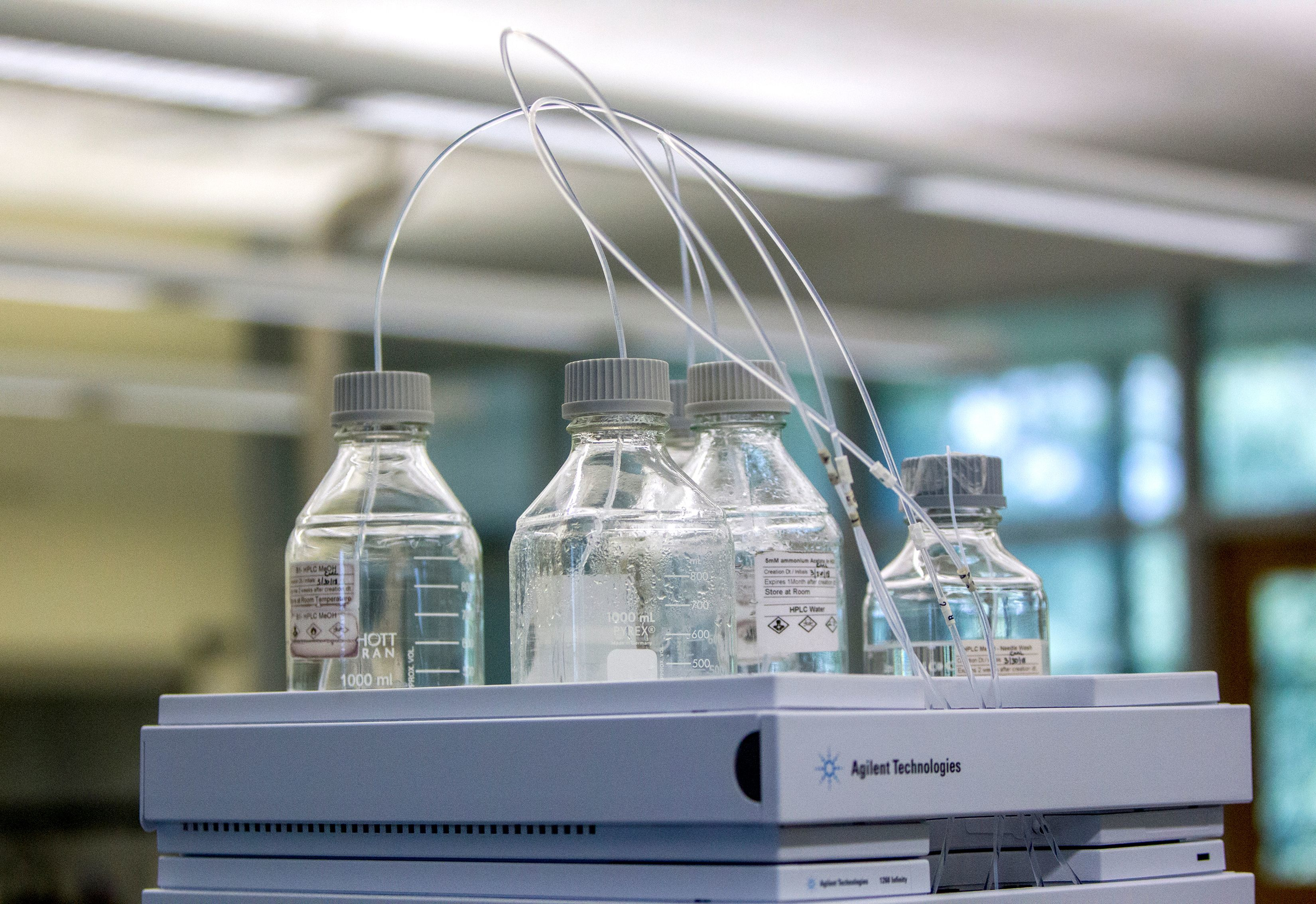Bill would declare PFAS chemicals hazardous substances under Superfund law
 Melissa Nann Burke
Melissa Nann Burke
Washington — A bipartisan bill in Congress would designate PFAS chemicals as hazardous substances under the Superfund program, allowing federal agencies to clean up sites contaminated by harmful fluorinated compounds.
The legislation, called the PFAS Action Act, was introduced in the U.S. House on Monday by Reps. Fred Upton, R-St. Joseph; Debbie Dingell, D-Dearborn; and Dan Kildee, D-Flint Township.
The toxic compounds have been detected at high levels in at least 34 sites throughout Michigan, including around military bases in Oscoda, Alpena and Grayling.
The Environmental Protection Agency said last year it would consider designating the the well-known PFAS compounds PFOA and PFOS as “hazardous substances" under the Superfund statute but has not yet listed any per- and polyfluoroalkyl substances as hazardous substances under the Superfund program.
The Michigan lawmakers are seeking to designate all PFAS chemicals, known as per- and polyfluoroalkyl substances, under the Superfund program, saying they pose serious risks to human health and the environment.
They say the law would permit the Environmental Protection Agency to direct federal resources to clean up contaminated sites.
PFAS compounds have been used in manufacturing to make carpets, clothing, furniture fabric, packaging for food and other products resistant to water, grease or stains.
Starting in the 1970s, the Department of Defense used firefighting foam containing two well-known PFAS compounds — PFOS and sometimes PFOA — for emergency response and training.
Health officials have said the continued exposure to certain PFAS chemicals in drinking water could harm human health. Studies link exposure to developmental effects on fetuses, cancer and liver and immunity function, among other issues.
mburke@detroitnews.com